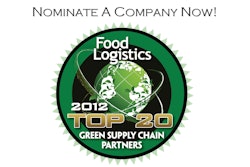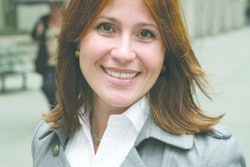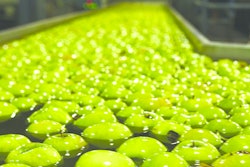As part of its effort to celebrate Earth Day 2012, Supervalu announced a major expansion of its environmental sustainability program that includes a commitment to have 300 stores divert 90 percent or more of their waste from local landfills by the end of the current fiscal year next February.
This accomplishment, which will involve the addition of nearly 250 of the company's current stores, is a major milestone in Supervalu's journey to achieve zero waste throughout its operations. The grocer announced during its Q4 earnings call last week that it had transitioned 54 stores to 90 percent waste diversion during the past year, exceeding its original target of 40 locations.
"Last year marked incredible progress in our zero waste efforts and we're even more excited about what lies ahead," said Craig Herkert, Supervalu CEO and president. "Keeping waste out of landfills is better for the environment, better for our customers and better for the bottom line. It's simply the right thing for us to do."
In late 2010, two Albertsons stores in Santa Barbara, CA, became the first US retail grocery stores to reach this environmental milestone by diverting over 90 percent of their waste from landfills.
While the majority of efforts around waste diversion have been focused in the company's Albertsons stores in the West, the work has also been aggressively expanded to Jewel-Osco in the Midwest and Shaw's in the Northeast; additional Supervalu banners will actively pursue this status during the current fiscal year.
Supervalu reports these results during the past year:
- More than 54 million pounds of food donated through the Fresh Rescue program, equivalent to approximately 45 million meals using the USDA conversion of 1.2 pounds per meal.
- Reduction of more than 28,000 tons of landfill waste in 2011, as compared to calendar year 2010.
- A 98 percent increase in mixed paper recycling, 55 percent increase in hard plastic recycling and 293 percent increase in the number of stores composting or diverting organic material (491 total).
- Reduced garbage expenses costs $3.4 million and increased recycling income exceeding $36 million.
"A key part of our effort to eliminate waste is Supervalu's Fresh Rescue program, which provides significant donations of fresh meats, produce and vegetables to our community partners," Herkert said. "This is a vital part of serving our neighborhoods, helping put to good use food that might have otherwise ended up being wasted."

















